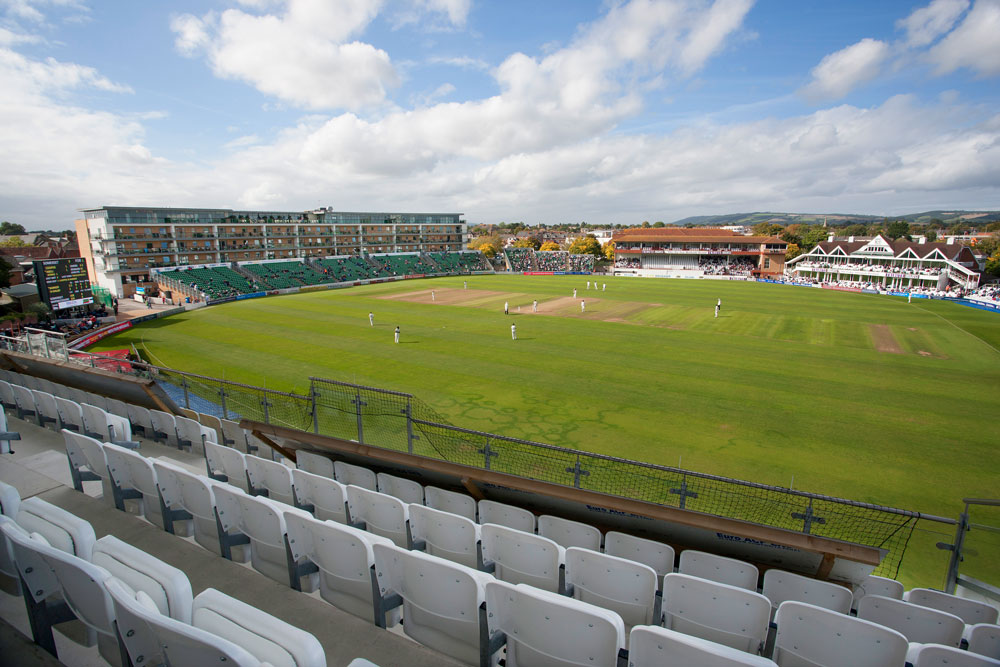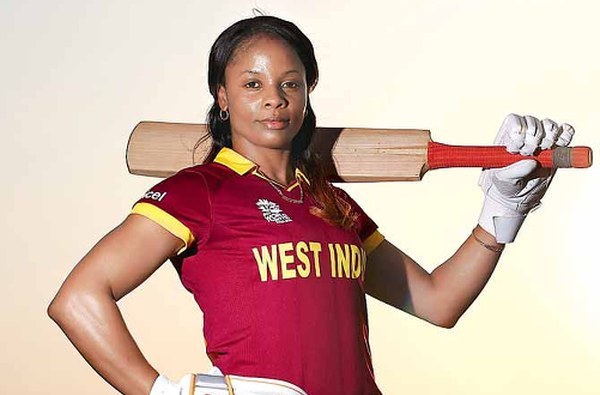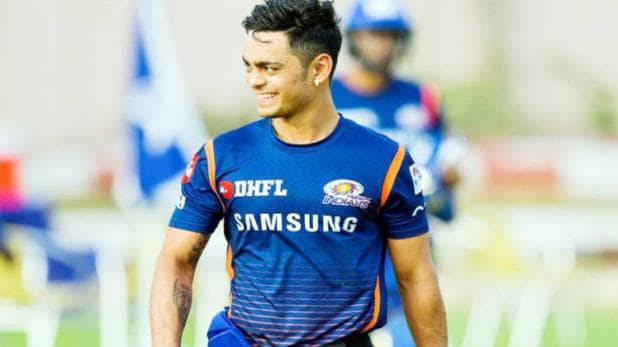List of Top 7 West Indies Greatest Cricketer of All Time
The West Indies cricket team has been an integral part of the game for more than a century, and their players have made numerous contributions to the sport. Over the years, there have been many great cricketers from the West Indies who have made an impact in the sport. In this article, we’ll take a look at some of the greatest cricketers from the West Indies of all time and how they’ve shaped the sport today. From outstanding batting performances to exceptional bowling skills, these legends are sure to inspire you and remind you of why cricket is such an exciting game. So without further ado, here is our list of the top 7 West Indian cricketers of all time!
Garry Sobers
One of the most popular and successful cricket players of all time is Garry Sobers. He was born in Barbados in 1936 and started playing cricket at a young age. He made his Test debut for the West Indies in 1954 and went on to play 93 Test matches, scoring 8,032 runs and taking 235 wickets. He also played 383 first-class matches, scoring 21,999 runs and taking 516 wickets.
Sobers is best known for his all-round cricketing ability. He was a gifted batsman, capable of scoring runs all around the wicket, and an excellent bowler who could bowl both fast and spin bowling with equal skill. He was also an outstanding fielder, particularly in the covers.
Sobers is one of only three players to have been named Wisden Cricketer of the Year twice (in 1966 and 1972), and he was inducted into the ICC Hall of Fame in 2002. He was knighted by Queen Elizabeth II in 1975 for his services to cricket.
Viv Richards
Vivian Richards is a retired West Indies cricketer. He is considered to be one of the greatest batsmen of all time. He is also one of the most charismatic and flamboyant players in the history of cricket. In his prime, he was an explosive batsman who was capable of hitting the ball all around the ground. He was also a superb fielder, and was known for his acrobatic catches in the slips.
Richards started his international career in 1974, and quickly established himself as one of the leading batsmen in the world. He became captain of the West Indies team in 1984, and led them to victory in the 1985 World Championship of Cricket. He also guided the team to victory in the 1987 Cricket World Cup. He retired from international cricket in 1991, after scoring 8,540 runs in 121 Test matches at an average of 50.23. He also scored 11,176 runs in 187 One Day Internationals at an average of 47.00.
Richards was inducted into the ICC Hall of Fame in 2000, and was honoured with a knighthood by Queen Elizabeth II in 1999.
Malcolm Marshall
Malcolm Marshall is one of the most successful bowlers in the history of cricket. He played for the West Indies from 1978 to 1991, and was a member of their victorious World Cup team in 1983.
Marshall is regarded as one of the finest fast bowlers of all time. He was quick, accurate and could swing the ball both ways. He was also a very good batsman, and was often used as a nightwatchman due to his ability to play long innings.
Marshall took 743 wickets in Test matches, at an average of 20.94. He also scored 3 Test centuries, making him one of only four players to have taken over 700 Test wickets and scored three Test centuries.
In One Day Internationals (ODIs), Marshall took 157 wickets at an average of 24.12. He was also a very effective fielder, and held 97 catches in Tests and 38 in ODIs.
Marshall will always be remembered as one of the greatest cricketers of all time.
Curtly Ambrose
Curtly Ambrose is one of the top West Indies cricketers of all time. He is a legend in the game and has been an inspiration to many young players. Ambrose was a part of the great West Indies team that dominated world cricket in the 1980s and 1990s. He was a fearsome bowler and was known for his ability to bowl long spells and take wickets. Ambrose was also a very good batsman and was capable of scoring runs when required. He was a member of the West Indies team that won the World Cup in 1992. After retirement, Ambrose has been involved in coaching and commentary.
Joel Garner
Joel Garner is a retired West Indies cricketer. He is considered as one of the greatest cricketing bowlers of all time. Joel Garner made his Test debut in 1977 and went on to play 86 Test matches for the West Indies. He took 259 wickets at an average of 20.97. Joel Garner was a member of the dominant West Indies team that won the World Cup in 1979 and 1980. He was also part of the West Indies team that won the first two World Twenty20 tournaments in 2007 and 2009.
Michael Holding
Michael Holding was one of the most successful fast bowlers of all time. He played a major role in the West Indies’ successful Test series against England in 1976, taking 19 wickets in the three-match series. He also played a key role in the team’s victory over Australia in the 1979 World Cup, taking 15 wickets in the tournament.
Holding was known for his ability to bowl long spells without conceding many runs. He had a very smooth and easy action which made him extremely accurate. His speed and accuracy often proved too much for batsmen to handle, particularly on bouncy pitches.
He retired from Test cricket in 1987 with 249 wickets to his name, at an average of 22.64. He also played 63 One Day Internationals, taking 92 wickets at an average of 21.36.
Courtney Walsh
Courtney Walsh is one of the most successful bowlers in cricket history. He played for the West Indies from 1984 to 2001, and is the leading wicket-taker in both Test and One Day International (ODI) cricket. He is also one of only four bowlers to have taken more than 500 Test wickets.
Walsh was a tall and slender bowler who could generate good pace off the pitch. He was particularly adept at bowling long spells of accurate deliveries, and was often used as a workhorse by the West Indies team. He was also a very reliable fielder, and was known for his ability to save runs with his athletic fielding.
Walsh had a long and successful career with the West Indies, taking 519 Test wickets and 227 ODI wickets. He was a key member of the West Indies team that won the World Cups in 1975 and 1979, and he played in three more World Cups before retiring from international cricket in 2003.



